
VS-Games 2013, the fifth outing of the International Conference on Games and Virtual Worlds for Serious Applications will be hosted at Bournemouth University, UK between the 11th and the 13th of September 2013.
With the conference organized in previous years at locations such as Coventry (UK), Braga (Portugal), Athens (Greece) and Genoa (Italy), it will take place, for 2013, at the Kimmeridge House building of Bournemouth University, situated at the main Talbot campus of the institution.
The development and deployment of games with a purpose beyond entertainment and with considerable connotations with more serious aims is an exciting area with immense academic but also commercial potential. This potential presents both immediate opportunities but also numerous significant challenges to the interested parties involved, as a result of the relatively recent emergence and popularity of the medium. The VS Games 2013 conference aims to address this variety of relevant contemporary challenges that the increasingly cross-disciplinary communities involved in serious games are currently facing. This will be achieved by, amongst other ways, the comprehensive dissemination of successful case studies and development practices, the sharing of theories, conceptual frameworks and methodologies and, finally, the discussion of evaluation approaches and their resulting studies.
All accepted VS Games 2013 papers, full, short and posters, plus workshop ones, will be included (perpetually) in the IEEE Xplore Digital Library after the completion of the event. The conference is technically co-sponsored by the IEEE Computer Society. Also, the authors of the best papers will be invited to write an extended version for inclusion in the Elsevier Entertainment Computing journal and IGI Global’s International Journal of Game-Based Learning. Authors of selected technical articles with a focus on computer graphics will be invited to submit extended versions of their works to be considered for publication in Elsevier’s Computers and Graphics Journal.
As BU has been the main financial sponsor of the conference, all BU members of staff and research students are invited to attend VS Games 13 free of charge (you will need to display your staff card at the registration desk).
If you have a passing interest in game design and serious games, a very multi-disciplinary proposition in themselves which can offer impact/public engagement benefits for all kinds of scientific disciplines, then please by all means join us and sit through the talks! You may well find this sparks off new ideas for you in terms of your own research field and output and how computer/video games can be used to support and/or enhance it.
A full programme and more details can be found on the official conference website at http://www.vsgames2013.org/
![]() Following on from my blog post this week, Research Professional will be giving an online demonstation of their new ‘Expressions of interest’ functionality and how it can benefit you.
Following on from my blog post this week, Research Professional will be giving an online demonstation of their new ‘Expressions of interest’ functionality and how it can benefit you.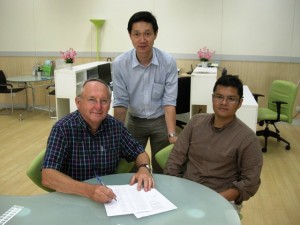
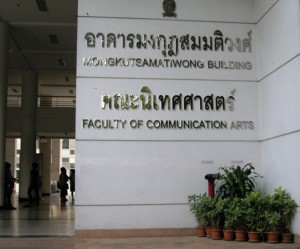

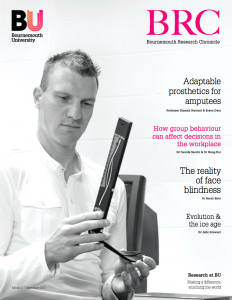
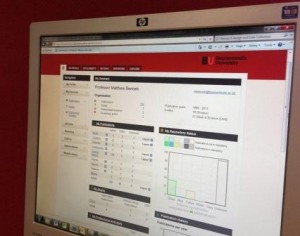

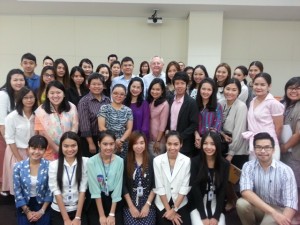
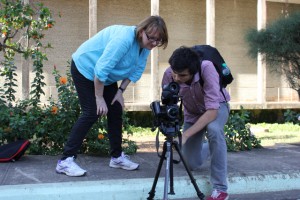
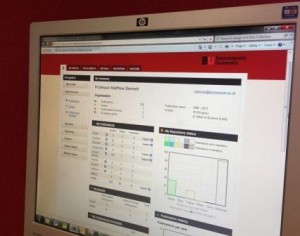
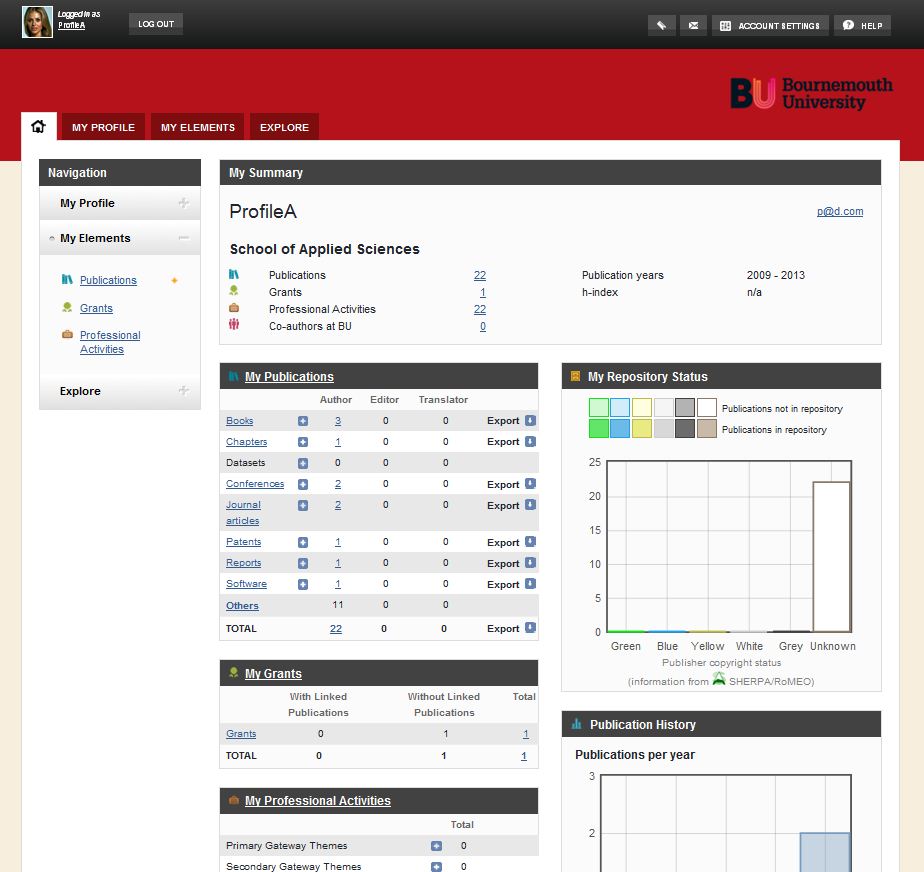
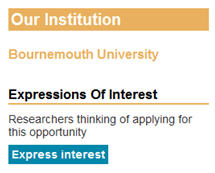
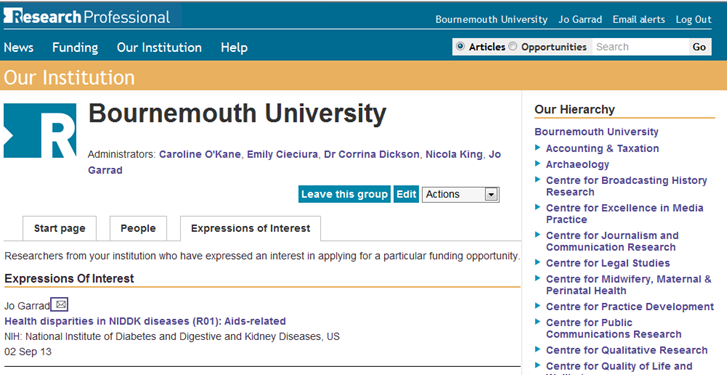


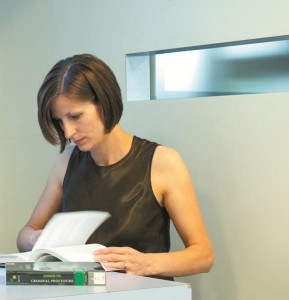











 UKCGE Recognised Research Supervision Programme: Deadline Approaching
UKCGE Recognised Research Supervision Programme: Deadline Approaching SPROUT: From Sustainable Research to Sustainable Research Lives
SPROUT: From Sustainable Research to Sustainable Research Lives BRIAN upgrade and new look
BRIAN upgrade and new look Seeing the fruits of your labour in Bangladesh
Seeing the fruits of your labour in Bangladesh Exploring Embodied Research: Body Map Storytelling Workshop & Research Seminar
Exploring Embodied Research: Body Map Storytelling Workshop & Research Seminar ECR Funding Open Call: Research Culture & Community Grant – Apply now
ECR Funding Open Call: Research Culture & Community Grant – Apply now ECR Funding Open Call: Research Culture & Community Grant – Application Deadline Friday 12 December
ECR Funding Open Call: Research Culture & Community Grant – Application Deadline Friday 12 December MSCA Postdoctoral Fellowships 2025 Call
MSCA Postdoctoral Fellowships 2025 Call ERC Advanced Grant 2025 Webinar
ERC Advanced Grant 2025 Webinar Update on UKRO services
Update on UKRO services European research project exploring use of ‘virtual twins’ to better manage metabolic associated fatty liver disease
European research project exploring use of ‘virtual twins’ to better manage metabolic associated fatty liver disease